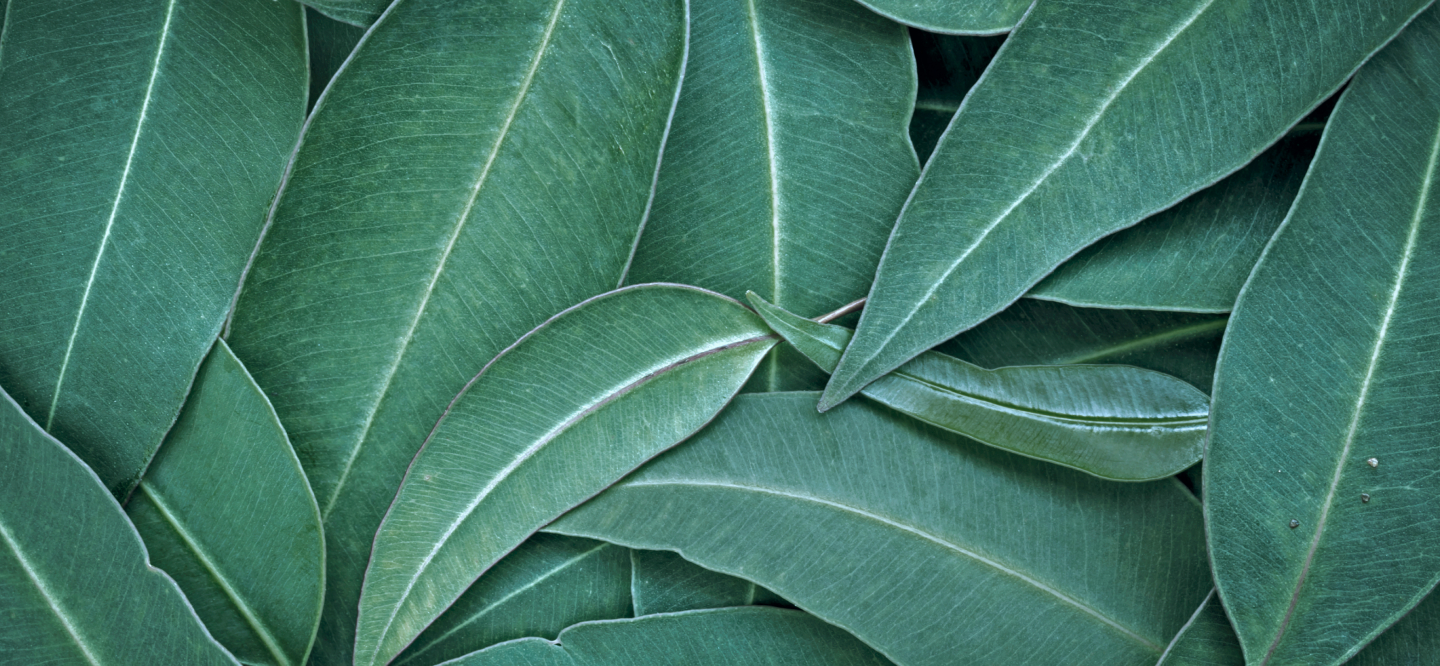Wood raw material from Brazil
Brazil has the world's second largest forest area, with a total of 497.90 million hectares (ha) of forest (58.47% of its territory), which is more than 10 times the entire land area of Sweden (41 million ha). Of this area, 98% or 488.06 million hectares are occupied by natural forests, while only 9.83 million hectares correspond to planted forests (SFB, 2019). But even seen small in relations to the natural forest, the Brazilian forest-based sector is a world leader in wood productivity (wood volume per unit area). Among the most important commodities in the forest sector, we have pulp and paper, wood panels and sawn wood.
It is no secret that the forestry sector faces the challenge of intensifying its production to meet the growing demand for fiber, wood, energy and several other new applications - many part of the green transition to substitute plastics and fossil.
Responding to increased demand in a sustainable way is where fast-growing plantations play an important role for the global forest market. With its fast growth and ability to bind carbon dioxide, well managed plantations will also play an important role in the green transition. The same goes for effective and sustainable production of wood biomass that substitute fossil fuel.

